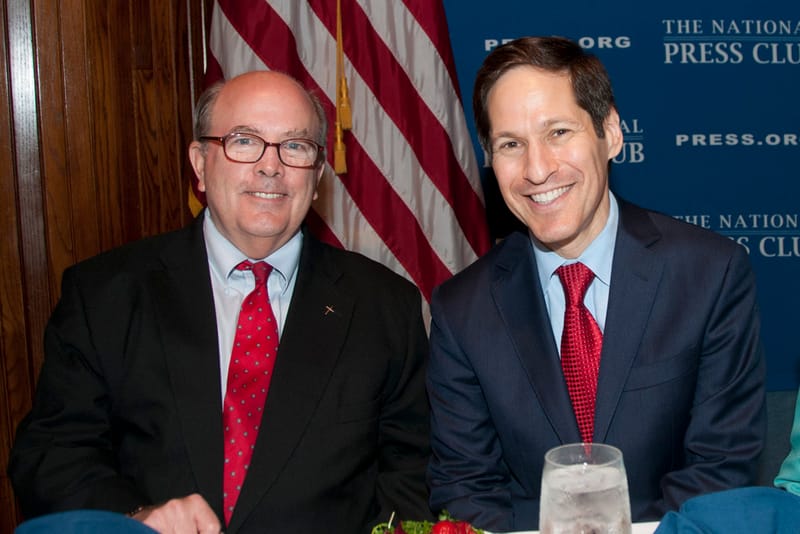Bev/Al's Worst Enemy: 'No Safe Limits' Claims
Thursday (11/31) at 7:31 pm The New York Times published a stunning report that Israeli officials had obtained Hamas's battle plan more than a year before the Oct. 7 attack, but dismissed it as aspirational. A day before, Wine Titles Media carried a report of a
Thursday (11/31) at 7:31 pm The New York Times published a stunning report that Israeli officials had obtained Hamas's battle plan more than a year before the Oct. 7 attack, but dismissed it as aspirational.
A day before, Wine Titles Media carried a report of a speech Felicity Carter, an Australian wine journalist and co-founder of Business of Drinks gave at a wine industry conference in Adelaide. She implored wine producers to battle claims put forth by the World Health Organization (WHO) that there is "no safe limit" when it comes to alcohol consumption.
“People don’t believe me, but this is the worst thing I have seen in 25 years of reporting about wine,” said Carter. “The World Health Organization came out in 2022 and they declared there is ‘no safe limit’ for drinking alcohol. They are pressuring the EU to change their guidelines about cancer, they have come out and they have said alcohol causes cancer.”
“Every time I say this, people say, ‘well prohibition didn’t work the first time’ and I say there’s a difference: prohibition was imposed by government, this is people choosing not to drink as they hear the health data.”
We've been voicing the same concerns ever since the WHO came out with its pronouncement. To us, it's a misleading message; it's probable there's at least one person on this planet who has a gene to which just one sip of wine trigger the cancer mechanism. But for most people, adverse effects from alcohol consumption require extreme consumption over a number of years. And for most people, the risk of dyeing from coronary artery disease is substantially higher that the risk of dieing from drinking a moderate amount of alcohol on a daily basis.
But Carter is absolutely right. The WHO's campaign is insidious in that it doesn't ask government to prohibit alcohol consumption. Instead it is targeted at consumers on the principle that they will process the information and stop drinking anyway. Plus: Governments can adopt the same message, citing the World Health Organization as their authority, and most people will say, "Well, if it's the World Health Organization it must be so."
A "not one drop" campaign aimed at consumers is much more difficult for the bev/al industry to challenge than legislative action. To fight a bad bill, you only have to target 535 members of Congress and 100 senators, plus legislators in state legislators and municipal government around the country.
For the industry to rebut the WHO's claim will be a much bigger challenge. It's going to require different message, and, Carter says, perhaps encouraging moderate drinking by introducing smaller formats. For wine, it also reinforces the importance of pairing wine with food.
All three segments would benefit, we think, by focusing their messaging on the consumer, not so much on the product or the producer. How does wine, beer, or spirits benefit the consumer in terms of health? in terms of pleasant meals? etc.
The industry does a great job of messaging it s environmental activities, its diversity-equity-inclusion initiatives and its anti-drunk driving programs, including the Distilled Spirits Council's partnership with Mothers Against Drunk Driving. Now it needs to do a great job of communicating how spirits or beer or wine benefits consumers.
